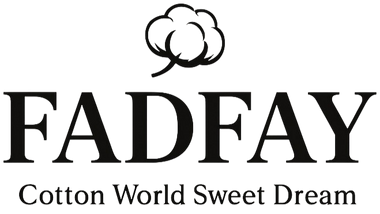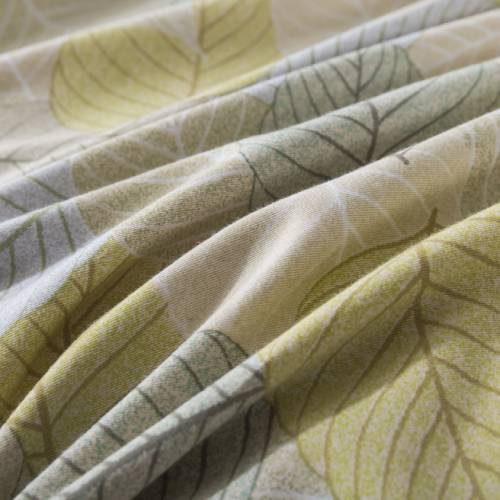When we think of cotton, our minds often go directly to the soft, fluffy fibers that adorn our clothing, bedding, and various textiles. However, the cotton plant has much more to offer than just its fibers. Cottonseed, the small, oval-shaped seeds produced by the cotton plant, are a remarkable byproduct that deserves attention. This blog will delve into the many uses of cottonseed, its nutritional benefits, its role in agriculture, and its impact on the environment.
What is Cottonseed?
Cottonseed comes from the cotton plant, primarily Gossypium species, which are cultivated for their fibers. Each cotton boll contains several seeds surrounded by the fibrous cotton fibers we all recognize. Cottonseed is generally considered a byproduct of cotton production, often overlooked in favor of its more famous counterpart. However, these seeds play a crucial role in various industries.
Nutritional Benefits of Cottonseed
Cottonseed is not just a byproduct; it is a nutritional powerhouse. Here are some of the key benefits:
Rich Source of Protein: Cottonseed meal, a byproduct of cottonseed oil extraction, is rich in protein, making it an excellent feed for livestock. It contains about 40% protein, which supports animal growth and production.
High in Fiber: The hulls of cottonseed are high in dietary fiber, contributing to digestive health. Fiber is essential for maintaining a healthy gut and can help prevent constipation.
Omega Fatty Acids: Cottonseed oil, extracted from the seeds, is high in polyunsaturated fatty acids, including omega-6 fatty acids. These are essential for heart health and overall well-being.
Vitamins and Minerals: Cottonseed contains essential vitamins and minerals, including vitamin E, magnesium, and potassium, contributing to overall health.
Uses of Cottonseed
Cottonseed is incredibly versatile and finds applications in various industries:
Cooking Oil: One of the most common uses for cottonseed is in cooking oil. Cottonseed oil is often used for frying and baking due to its high smoke point and mild flavor. It is also used in salad dressings and margarine.
Animal Feed: As mentioned earlier, cottonseed meal is a valuable source of protein for livestock. It is commonly used as feed for cattle, poultry, and fish, providing essential nutrients for growth and production.
Cosmetics and Personal Care Products: Cottonseed oil is used in many cosmetic and personal care products due to its moisturizing properties. It is found in lotions, creams, and hair care products, helping to nourish and hydrate the skin and hair.
Industrial Products: Cottonseed oil is also utilized in the production of various industrial products, such as soaps, lubricants, and paints. Its properties make it a suitable ingredient in these applications.
Textiles: Cottonseed fibers, although less commonly used than cotton fibers, can be spun into yarn and utilized in textiles. These fibers have unique properties that can be beneficial in certain textile applications.
Biofuels: With the growing interest in sustainable energy, cottonseed oil has potential as a biofuel. It can be processed into biodiesel, offering a renewable energy source.
Cottonseed in Agriculture
The cotton plant is often grown in areas where other crops might struggle due to poor soil conditions. Cottonseed plays a vital role in sustainable agricultural practices:
Crop Rotation: Cotton is commonly used in crop rotation systems. The planting of cotton can improve soil structure and fertility, making it beneficial for subsequent crops.
Pest Management: Cotton plants can help manage certain pests in agricultural systems, reducing the need for chemical pesticides. The use of cottonseed meal as a natural fertilizer can also enhance soil health.
Sustainability: The use of cottonseed as livestock feed promotes a closed-loop system, where waste products are repurposed rather than discarded. This practice contributes to more sustainable agricultural practices.
Environmental Impact
While cotton cultivation has faced criticism for its environmental impact, cottonseed can contribute positively to sustainability efforts:
Reduced Waste: Utilizing cottonseed ensures that more of the cotton plant is used, reducing waste in the cotton production process. This approach contributes to more sustainable practices in agriculture.
Biodiversity: Growing cotton can support biodiversity by providing habitats for various species. Properly managed cotton farms can promote ecological balance.
Soil Health: The inclusion of cotton in crop rotation and cover cropping can enhance soil health and fertility. Cottonseed meal can be used as an organic fertilizer, contributing to nutrient cycling.
Challenges and Considerations
Despite its many benefits, there are challenges associated with cottonseed production and use:
Gossypol: One of the significant concerns with cottonseed is gossypol, a toxic compound found in the seeds. While it serves a protective function for the cotton plant, high levels can be harmful to non-ruminant animals and humans. However, processing methods can reduce gossypol levels, making cottonseed meal safe for livestock.
Pesticide Use: Conventional cotton farming often relies on pesticides, which can have adverse environmental effects. However, there is a growing trend toward organic cotton production, which minimizes pesticide use and promotes sustainable practices.
Market Fluctuations: The market for cottonseed can be volatile, influenced by factors such as cotton prices, demand for oil, and feed prices. This fluctuation can impact farmers' decisions regarding cotton cultivation.
Conclusion
Cottonseed is often an overlooked byproduct of cotton production, but its versatility and nutritional benefits make it an unsung hero in various industries. From cooking oil and animal feed to cosmetics and biofuels, cottonseed plays a crucial role in our daily lives. By understanding and appreciating the many uses of cottonseed, we can better recognize the importance of the entire cotton plant in sustainable practices and environmental conservation.
As consumers, making informed choices about cotton and its byproducts can lead to more sustainable practices in agriculture and industry. Embracing the full potential of cottonseed can contribute to a more sustainable future while supporting local economies and reducing waste. So next time you enjoy a meal cooked with cottonseed oil or use a product containing cottonseed extract, remember the remarkable journey of this often-overlooked seed.








